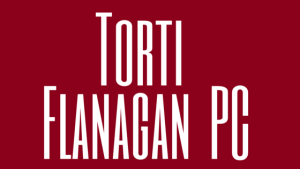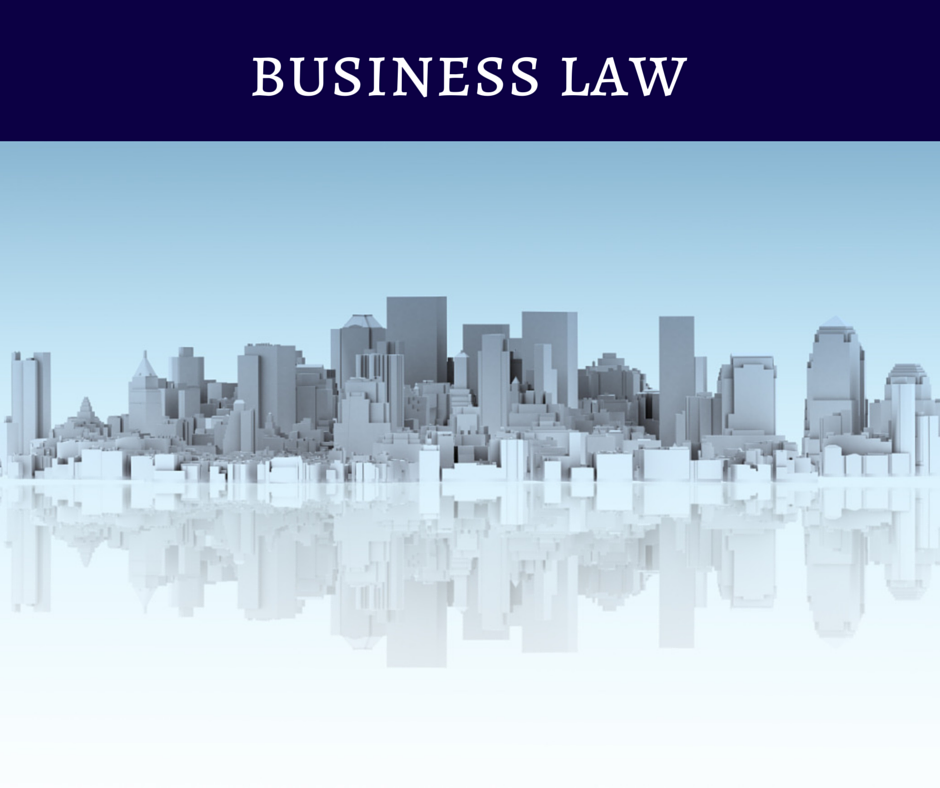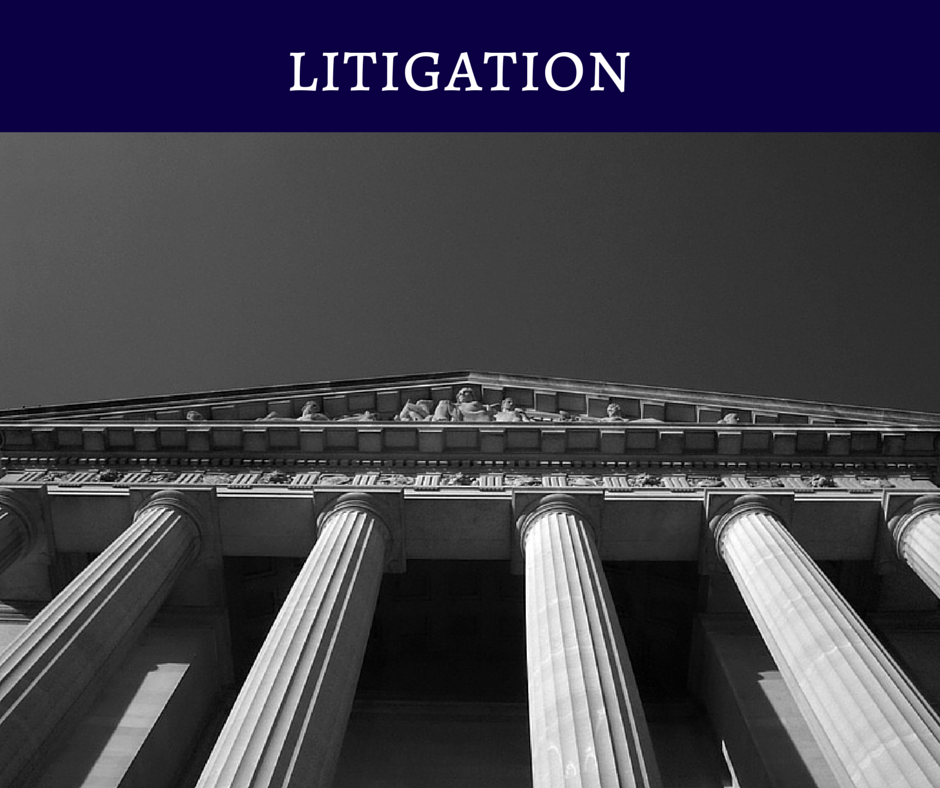Trademark Services
Trademark Services
TORTI FLANAGAN understands the value of having strong brand recognition for customers and trademark protections to ward off competitors. Trademark infringement and dilution are costly to a business. We have decades of experience in assisting clients with the selection, registration, maintenance and enforcement of its trade names trademarks and service marks. Defensively, you want to make sure that your trade name/business name, trademarks and service marks are not violating the rights of other companies. You want to avoid the unnecessary time and expense defending a mark that is infringing on another mark. We screen your mark to determine the availability and strength of the mark and to prepare the necessary applications for registration. We navigate the domestic and international trademark systems for you. Offensively, we pursue any infringers to your brand, trade name, trademarks and service marks with decades of experience to protect you. We bring and defend both opposition and cancellation proceedings before the Trademark Trial and Appeal Board of the U.S. Patent and Trademark Office.
Trademark Protection
While copyright protects expression, and patent law protects ideas, trademark protection protects your companies brand by protecting names and symbols, such as logo’s used in connection with the sale of your goods and services. Trademark protection is a critical component of your marketing and building corporate valuation. A business is known by its brand, its trade name, trademark or service mark. A trademark is a mark used to show the proper origin of goods or services by protecting names and symbols used in connection with the sale of your goods and services. Trademarks are protected by state and federal law. In the US, trademark rights begin to accrue on first use, called common law trademark protection. This means that when you begin to use a distinguishable mark in connection with the sale of your goods and services you have established common law trademark rights. In many countries outside of the US, trademark rights accrue on filing for registration, not use.
What is Trademark Registration?
You do not have to have a trademark registration to have a protectable mark but trademark registration offers some procedural advantages in trademark litigation. As your rights begin to develop at first use in common law, Federal Registration provides many benefits. Registration gives you the right to use the mark nationwide, subject to the limitations. Registration provides constructive notice to others that you are the owner of the trademark. Registration enables a party to bring an infringement suit in federal court. Registration allows a party to potentially recover treble damages, attorney’s fees, and other remedies. After five years of registration, the trademark becomes incontestable.
Where do I start?
You can conduct your own trademark screening search to insure that the name is not in use in interstate commerce. By merely calling your local secretary of state to determine name availability, you do not know if any rights exist in the name for the purpose of federal trademark protection. Name availability at the state level is not a defense to trademark infringement. Therefore before choosing an entity name it is advisable to conduct a screening search with the U.S. Patent & Trademark Office.
TORTI FLANAGAN can assist you in screening and performing more thorough trademark screening services while rendering written opinions as to the appropriateness of use of a proposed mark. Interpreting the results of a search with the aid of decades of experience and knowledge of the case law is invaluable.
Trademark Infringement
In addition to state court action for trademark infringement, the main federal statute is the Lanham Act, which was enacted in 1946. 15 U.S.C. 1051, et seq. . In trademark disputes, marks are generally distinguished by a determination that the marks are “likely to be confused” by a consumer. A test often employed by courts is a comparison by sight, sound, and meaning as to whether the marks are distinguishable in that area of commerce. Factors that a court considers in determining likelihood of confusion include:
(1) the strength of the mark;
(2) the proximity of the goods;
(3) the similarity of the marks;
(4) evidence of actual confusion;
(5) the similarity of marketing channels used;
(6) the degree of caution exercised by the typical purchaser;
(7) the defendant’s intent.
In addition to bringing an action for infringement, owners of trademarks can also bring an action for trademark dilution under either federal or state law. Under federal law, a dilution claim can be brought only if the mark is “famous.” In deciding whether a mark is famous, the courts will look to the following factors: (1) the degree of inherent or acquired distinctiveness; (2) the duration and extent of use; (3) the amount of advertising and publicity; (4) the geographic extent of the market; (5) the channels of trade; (6) the degree of recognition in trading areas; (7) any use of similar marks by third parties; (8) whether the mark is registered. 15 U.S.C. 1125(c). Under state law, a mark need not be famous in order to give rise to a dilution claim. Instead, dilution is available if: (1) the mark has “selling power” or, in other words, a distinctive quality; and (2) the two marks are substantially similar. Although likelihood of confusion and dilution are the primary trademark causes of action, there are additional state-law claims under state unfair competition law: passing off and misappropriation. Passing off is when an infringer tries to confuse consumers by passing off its own products as those of another. Misappropriation is another theory of recovery that is actionable when one party takes trademark of another.
Trademark Rights can be Lost
Trademark law protects marks that are being used. Trademark rights can be lost if you stop using the mark and it becomes abandoned, if it is improperly licensed, assigned to another so that they become the owner, or if it becomes generic.
Remedies and/or damages for trademark infringement and/or dilution
You can sue for an injunction to stop any further infringement or dilutive use of your trademark. 15 U.S.C. 1116(a). In trademark infringement suits, you can also seek money damages, the measure of which includes: (1) infringer’s profits, (2) damages sustained by you, and (3) the costs of the action. 15 U.S.C. 1117(a). Damages may be tripled if you can show bad faith. In trademark dilution suits, however, damages are available only if the defendant willfully traded on your goodwill in using the mark. Otherwise, plaintiffs in a dilution action are limited to injunctive relief. 15 U.S.C. 1125(c).
Domain Name Disputes and Cybersquatting
Domain name disputes involve the use, registration or trafficking of a confusingly similar sounding domain name to that of a trademark or service mark owned by another. The offended trademark or service mark can also include a domain name or company name: trade name. Generally, the offense occurs when the infringing party is operating in bad faith with no legitimate right in the domain name. Fortunately, the Uniform Domain-Name Dispute-Resolution Policy (UDRP) is a process established by the Internet Corporation for Assigned Names and Numbers (ICANN) for the resolution of disputes regarding the registration of internet domain names. Redress under options under the Anticybersquatting Consumer Protection Act (ACPA) is also available to protect the owner of a mark. A trademark owner can go after an infringing party for damages up to one hundred thousand ($100,000.00) dollars per domain name. Attorney fees may be awarded in cases involving bad faith cybersquatting. The intent is of these remedies is to dissuade trademark infringers from infringing on trademarks on the internet. TORTI FLANAGAN is experienced in dealing with domain name disputes including cybersquatters.
Trademark Licensing and Assignments
License Agreements are important tools to grant trademark rights to another or to receive trademark rights from another. Issues of scope of rights under the license, be they exclusive or nonexclusive; any geographical or market limitations to the grant; the compensation for the rights and remedies for breach as just some of the issues to be addressed in a Trademark Licensing deal. An assignment of rights is a complete acquisition and ownership of rights and must be in writing to be effective. List of additional on-line sources Lanham Act, 15 U.S.C. 1051 et seq. U.S. Patent and Trademark Office page on trademarks Search Trademarks at the USPTO








